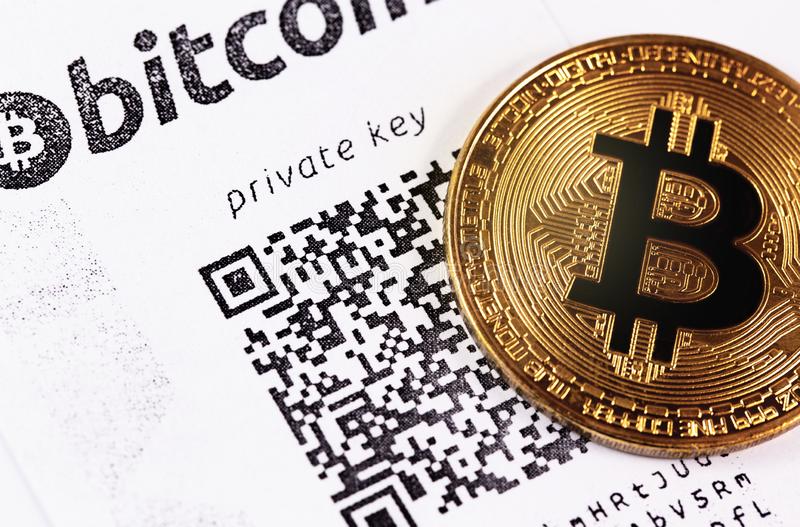Similarly, just like your home / flat number, everyone in the Bitcoin world can know your public address (bitcoin address) to send you bitcoins. And to unlock (spend/send) these Bitcoins, you’ll want your private address (or key), which you need to take full responsibility for, like the keys to the mailbox.
What is the Bitcoin private key?
A private key is a secret, alphanumeric password/number used to spend/send your bitcoins to a different bitcoin address. A wallet is a 256-bit long number chosen at random as soon as you make it.
The degree of randomness and uniqueness is well defined by cryptographic functions for security purposes.
Bitcoin private key looks this way (it always starts with 5):
5Kb8kLf9zgWQnogidDA76MzPL6TsZZY36hwxmsssznydyxyb9kf
What is the global address (or key)?
This is another alphanumeric address/number derived from private keys using only cryptographic math functions.
It is impossible to reverse-engineer and access the private key in which it is produced.
This is the address used to get bitcoins publicly.
Bitcoin public address Looks this way (it always starts with 1):
1ehna6q4jz2uvnexl497me43ikxhwf6kzm
This address is always seen and published to receive bitcoins. Users can make as many public addresses as they want to buy bitcoins.
What are Bitcoin private keys used for?
Private keys are used to perform irreversible operations. Yes, it’s irreversible!
They are the key to spending and sending bitcoins to anyone and everywhere. This irreversibility is guaranteed by mathematical signatures that depend on each transaction when we use private keys to send bitcoins.
And for each transaction, these signatures are unique, even if they are generated from the same private keys. This feature makes it impossible to copy them. The user can safely use the same private key over and over again.
What’s more, the signatures are mathematically related to bitcoin addresses. This math relationship helps verify that the signatures are only those of the particular account holder who wants to transfer bitcoins.
How do we keep the private keys safe
It’s fine if you don’t understand the technical stuff above.
You can use Bitcoin as long as you keep your private keys safe.
These digital switches are crucial in the ownership of bitcoins. These keys are not stored on the Bitcoin network but are created and stored by File/software (aka wallet).
A wallet stores these keys. There are a lot of types of wallets and some allow private keys to be stored and protected by the user.
Web and mobile wallets
Most of the web and mobile wallet software services in the Bitcoin Market store your private key on their servers on your behalf.
They are stored in an encrypted form that you can only decrypt.
In this kind of wallet, your keys are held by someone else, and if that is hacked or stolen, your Bitcoins are gone. Therefore, you need to take extra security precautions when dealing with these services.
Desktop Wallets
Desktop wallets are relatively safe. In such wallets, once you have uploaded them to your desktop, you will receive your bitcoin address and private key in a downloadable and importable file.
These importable keys are password protected and can be stored on a memory bar or hard disk.
However, after you lose the file of the private key, you lose bitcoins.
Hardware Wallets
Hardware wallets are basically an electronic invention made to store your private keys offline from vulnerable online media so they don’t get hacked.
Some hardware wallets come with security card cards similar to some debit cards to verify the transaction. Some even have a small digital screen to verify your transactions. In case your device is destroyed, you can get your keys and bitcoins as long as you have a backup code.
Paper Purses (Cold Storage)
Paper purses are Bitcoin with private keys printed on just one piece of paper. Bitcoin can also print its public address, but not necessarily. Paper wallets are an effective way to store bitcoin private keys offline.
They protect the user against potential theft or mishap with a desktop or mobile device.
Such wallets are also called” cold storage ” because Keys are created offline and never stored online or on a computer.




